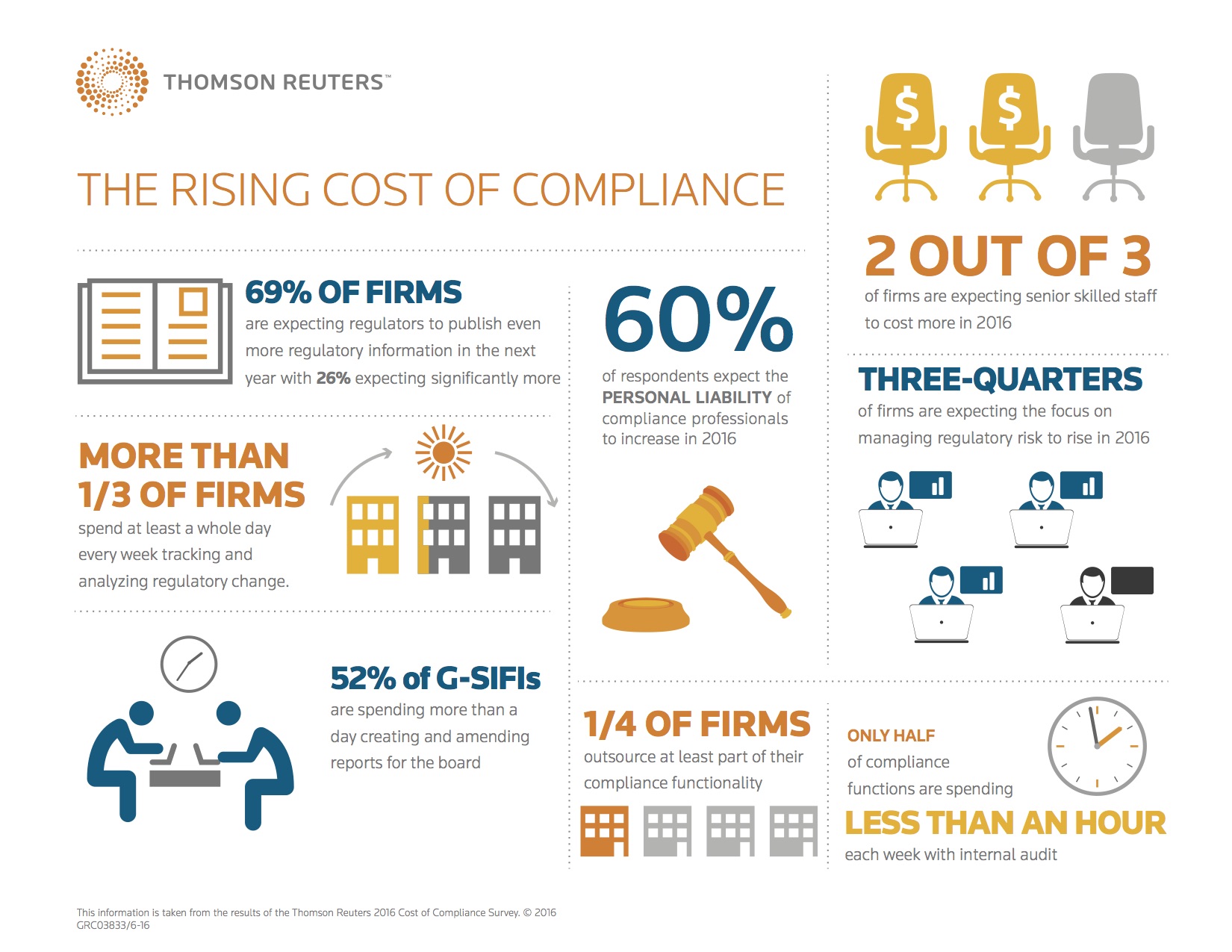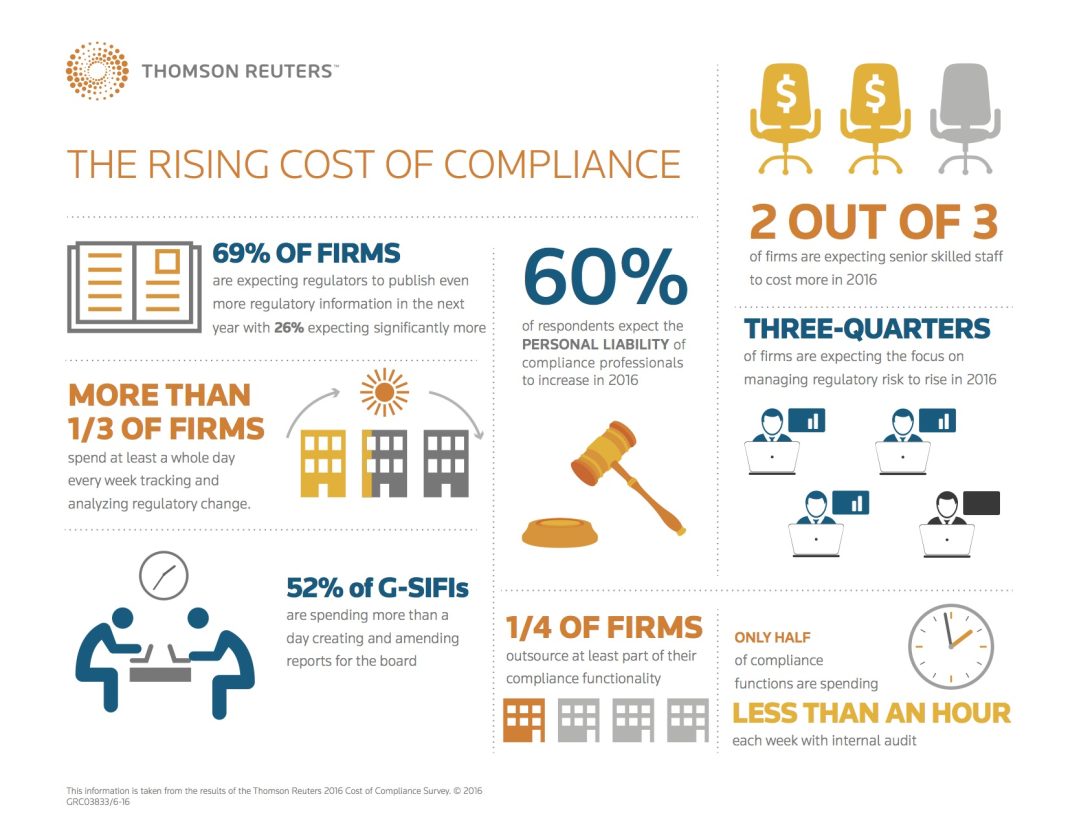 The Biden administration has been characterized by an immense level of regulatory activity, according to Dan Goldbeck, director of regulatory policy at the American Action Forum. A recent 15-month investigation conducted by the House Committee on Small Business delved into the impact of over 900 final rules adopted under President Biden, revealing that the cost of these regulations has surpassed that of any previous administration. The burden of these regulations has particularly affected small businesses in America.
The Biden administration has been characterized by an immense level of regulatory activity, according to Dan Goldbeck, director of regulatory policy at the American Action Forum. A recent 15-month investigation conducted by the House Committee on Small Business delved into the impact of over 900 final rules adopted under President Biden, revealing that the cost of these regulations has surpassed that of any previous administration. The burden of these regulations has particularly affected small businesses in America.
The investigation focused on federal agencies’ compliance with the Regulatory Flexibility Act (RFA), which aims to protect small businesses from burdensome regulations by requiring agencies to consider the impact of their proposals. However, the committee found that federal agencies consistently fail to comply with the RFA, leading to significant suffering for small businesses. The RFA has not been updated for 25 years, and the growth of the administrative state has resulted in an increased regulatory burden on small businesses.
The committee’s report emphasizes the detrimental effects of the regulatory state under the Biden administration. The number of regulations passed each year and the resulting paperwork hours illustrate the negative impact of an unchecked regulatory regime on small businesses. The Biden administration’s rules have cost a disproportionately high amount compared to previous administrations. From January 20, 2021, to May 3, 2024, the administration issued 891 final rules, resulting in 232.2 million paperwork hours and imposing costs of $1.47 trillion. Some experts argue that the actual cost is even higher, exceeding $1.6 trillion.
Comparing the Biden administration’s final rule costs to those of Presidents Obama and Trump reveals a stark contrast. The current total is more than five times greater than that accumulated at this point under President Obama. In contrast, under President Trump, final rule costs were a net negative $159.9 billion, indicating a reduction in the overall regulatory burden. These findings highlight a need for change in the regulatory process.
Dan Goldbeck, during his testimony at a congressional hearing, highlighted deficiencies in the RFA process and emphasized the need for reform. Another expert, Rob Smith, senior attorney for the National Federation of Independent Business (NFIB), also testified about the flaws in administrative agencies’ compliance with the RFA. Smith called for the passage of the PROVE IT Act, which would address these issues and reduce red tape for small businesses.
The investigation conducted by the House Committee on Small Business uncovered several problems with federal agencies’ compliance with the RFA. Agencies often improperly certify rules to avoid conducting proper assessments of their impact on small businesses. They also underestimate the costs of new rules and the number of affected small businesses, creating a disconnect between agency claims and real-world impacts. Agencies fail to consider less burdensome alternatives or choose rules with more harmful impacts on small businesses. Additionally, agencies neglect to assess whether proposed rules overlap or conflict with existing ones, further burdening small businesses with compliance.
The report also alleges that some federal agencies have refused to submit to congressional oversight, violating the U.S. Constitution and impeding the committee’s duty to protect small businesses from regulatory burdens. To address these issues, the committee recommends amending the current RFA requirements to include stronger language and descriptions of the cumulative economic impact of rules, disproportionate impacts on small entities, and how rules may hinder access to credit for small businesses.
In conclusion, the investigation conducted by the House Committee on Small Business reveals the detrimental impact of the regulatory state under the Biden administration on small businesses. The cost of regulations has skyrocketed, surpassing that of any previous administration. Federal agencies consistently fail to comply with the RFA, leading to significant suffering for small businesses. Reform is urgently needed to address deficiencies in the regulatory process and protect America’s small businesses from unnecessary burdens.


